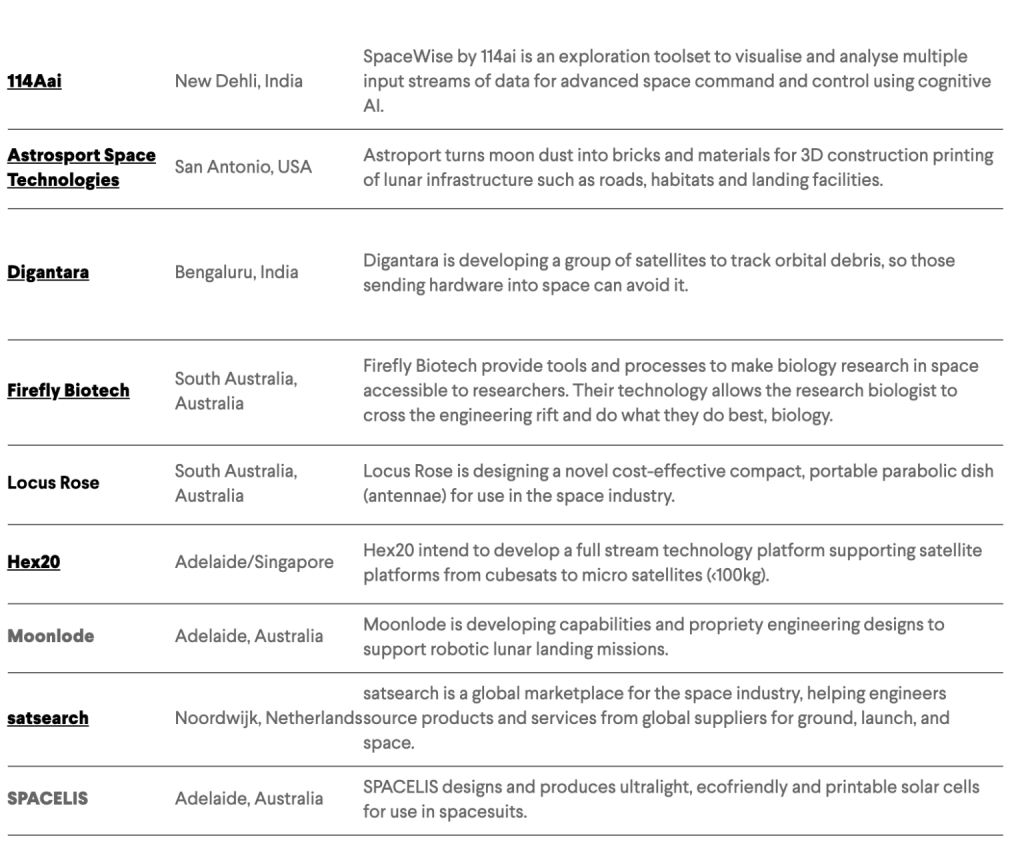Skyroot Aerospace has become the the first private Indian space launch vehicle company to sign an MOU with Indian Space Research Organisation (ISRO) to access the facilities and expertise of the Agency. Talking to Financial Express Online, Pawan Kumar Chandana, Co-Founder & CEO, Skyroot Aerospace Pvt. Ltd., said, “The access to the facilities and expertise is towards the development and testing of subsystems/systems of Space Launch Vehicles.”
“In addition to the technical support from ISRO, other agencies such as IN-SPACe have accelerated support in terms of policy and regulatory issues, thereby creating a harmonious level playing field for the new space ecosystem in India,” he added.
According to Pawan Kumar Chandana, CEO, “Skyroot is winner of the ISRO’s ANIC-ARISE 1.0 programme which was announced in 2020 and has undertaken the research and development of propulsion.”
Space Diplomacy & Skyroot
The company is all set to cater to the growing demand from the global small satellite market.
Sharing details about his company’s involvement with other agencies/companies across the globe, he says that not only the Indian Government but other national governments as well are encouraging and supporting the new space ecosystem.
“Besides, Skyroot Aerospace being a private company is exploring and has received good traction globally which includes agreements with companies such as Hex20 (Australia), Innova Space (Argentina), Ride (France), ConnectSAT (France) amongst others which focus on launching their payloads to various orbits, collaborate on development of technology and contribute towards development for space and ground-based applications.”
To ensure their access to outer space is affordable, reliable and on-demand, his company is connecting with other governments and companies in Africa, South America and other regions globally. And is working closely towards the development of space capabilities in these countries.
In an earlier conversation with Financial Express Online, Pawan Kumar Chandana, Co-Founder and CEO of Skyroot had said that ISRO has offered great support and with an agreement in place the company is working closely for the launching and testing requirements.
This company has been founded by former Scientists of ISRO, with 70+ rocket engineers and their cumulative experience of 500+ years in the rocket industry. The company has been actively developing the `Vikram’ series of launch vehicles, and is the first private company to test fire multiple rocket propulsion systems. This series of launch vehicles is named after the founder of India’s space program – Dr Vikram Sarabhai. These rockets built with an all-carbon-fibre structure, have the capability to launch up to 800 kg of payloads to Low Earth Orbit (LEO). So far the three propulsion technologies in Vikram space launch vehicles are done and earlier this year, a full duration test of one of the rocket stages was tested in May. Now the company is getting ready to launch to space this year. How will this help? According to company officials, to reach the stage of a full-fledged commercial satellite launch scale, such a test will help.

